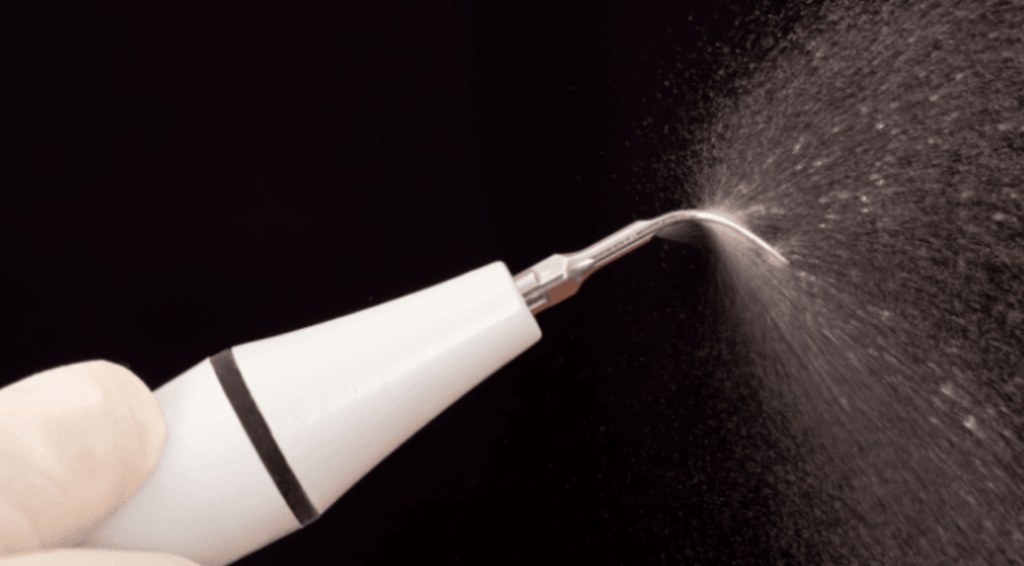
Pain is a major reason that adults avoid the dentist. 74% of Americans polled said that pain during treatment was the reason they don’t go to the dentist. But many don’t realize how the dental industry has evolved. Today, many dental procedures are virtually painless thanks to tools like ultrasound at the dentist.
Ultrasound at the Dentist
Ultrasound is a perfect example of modern technology that creates a pain-free dentist visit for patients. “Ultrasonography” is a technical term for using high-frequency pulses to create vibrations. These vibrations form images of things we can’t see, like the inside of our bodies or our teeth. Dentists put ultrasound to use in their “ultrasonic cleaners.”
An ultrasonic cleaner is used in dentistry, jewelry design, surgery and many other industries. This is because of how effective the vibrations are for cleaning! Ultrasonic cleaners are able to vibrate tiny fragments of dirt, plaque or other unwanted material from the smallest of spaces.
An ultrasound at the dentist means you can have a pain-free dental cleaning!
Planing and Scaling Without Pain
Traditionally, scaling and root planing is done manually and can cause irritation. As plaque builds up, it creates a space between the tooth and the gum tissue surrounding that tooth. This can wear down the bone of the tooth. Scaling goes below the gumline to remove plaque and tartar. A manual scaler removes plaque and tartar from between the gums and the teeth and down to the roots.
Root planing smooths the tooth’s root and helps to reattach the gum to the tooth. This can involve discomfort, though. So we recommend asking your dentist if they have an ultrasonic scaler instead!
Here’s how an ultrasonic scaler works:
- The tip of the scaler is a thin tube that sprays cool water.
- When held against the tooth, the vibrations bounce against the tooth.
- This causes the plaque to break up and come off. The ultrasonic vibrations are so powerful that even hardened tartar breaks off.
- The water coming from the scaler then washes the broken debris away.
Traditional manual scaling methods can damage the enamel of the tooth or bother the gums. Ultrasonic scalers don’t have this problem. Using only the vibrations from the scaler, patients can expect a painless cleaning that’s more effective than manual scaling.
Researchers are still finding new ways to use ultrasound at the dentist. Soon we’ll be able to leave our lead smocks behind with the X-ray machine. Ultrasonic waves are able to assess the integrity and strength of the internal structures of a tooth better than X-ray!
Speak with your dentist about what tools they use for a painless patient experience, as each dentist has different preferences for their tools. Use this as an opportunity to get to know your dentist and how they like to work; it’s the first step toward knocking that fear of your dental cleaning!
